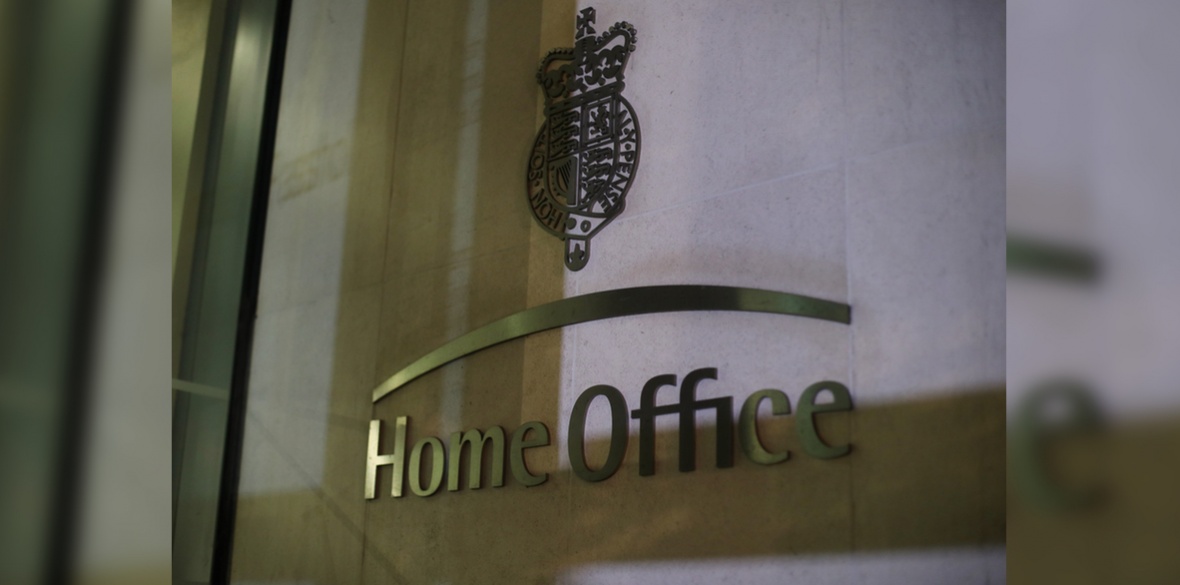This is the last article you can read this month
You can read more article this month
You can read more articles this month
Sorry your limit is up for this month
Reset on:
Please help support the Morning Star by subscribing here
PAYING migrants just £1 an hour to work in detention centres is an “institutionalised forced labour regime,” a leading trade unionist has warned.
TUC race equalities officer Wilf Sullivan made the comments in an interview with the Morning Star before the Black Workers’ Conference at Congress House today.
“We take the view that everyone in employment should be paid at least the minimum wage,” Mr Sullivan said.
He is concerned that asylum-seekers and refugees are paid just £1 an hour to work in detention centres while the Home Office tries to deport them, and plans to raise the issue within the TUC.
“We haven’t focused on the issue before because it hasn’t come up through our affiliates,” he explained.
“This is a real difficulty when people are effectively invisible.”
The Morning Star has been highlighting the scandalous low pay with our new campaign against sweated labour in detention centres.
Mr Sullivan said: “It’s an abuse of human rights, it’s a forced labour system, it has to be viewed as that.
“On one hand we have a government talking about modern slavery, and on the other hand it runs an institutionalised forced labour regime.”
The Home Office argues that the system is voluntary, a claim judges have sided with.
However Mr Sullivan was quick to suggest a strategy that could defeat the policy: “To demonstrate it’s not voluntary people have to get organised and refuse to do the work.
“Then the question will be if the detention centre operator employs non-detainees to do the work, which they’ll have to do on the minimum wage, or if they take punitive measures against the detainees.
“If people are victimised as a result of not doing the work, such as seeing their deportation fast tracked, that would show it’s not voluntary at all.
“But politically at some stage refugee and asylum organisations need to start lobbying the Labour Party to say there shouldn’t be legislation that allows people in state custody to have less workers’ rights.”
He said: “The roots of it go back to when the Tories changed what work people can do in prisons.
“At one time it was things like doing post bags for the Royal Mail. It was limited. There wasn’t any question of people doing work which produced profit for anybody.
“But then of course with the privatisation of some of the prisons, and by and large the detention centres are privately run, US prison companies arrived in the UK bringing their business model with them.
“(US civil rights activist) Angela Davis pointed out that black men and women are more likely to have a job working for a respectable company in prison than if they are outside.”
Drawing on his decades of experience, Mr Sullivan explained the shifting landscape.
“In the 1980s you used to see lots of unions get involved in anti-deportation campaigns,” he said.
“But the Blair government stopped asylum-seekers working, which removed them from the formal workforce.
“This broke the link between asylum-seekers and organised labour. They sort of became invisible.
“It’s really important to get asylum-seekers in front of other workers to tell their stories so it sinks home — the level of injustice that people who are that vulnerable are exposed to by the British state.”

 Phil Miller
Phil Miller










